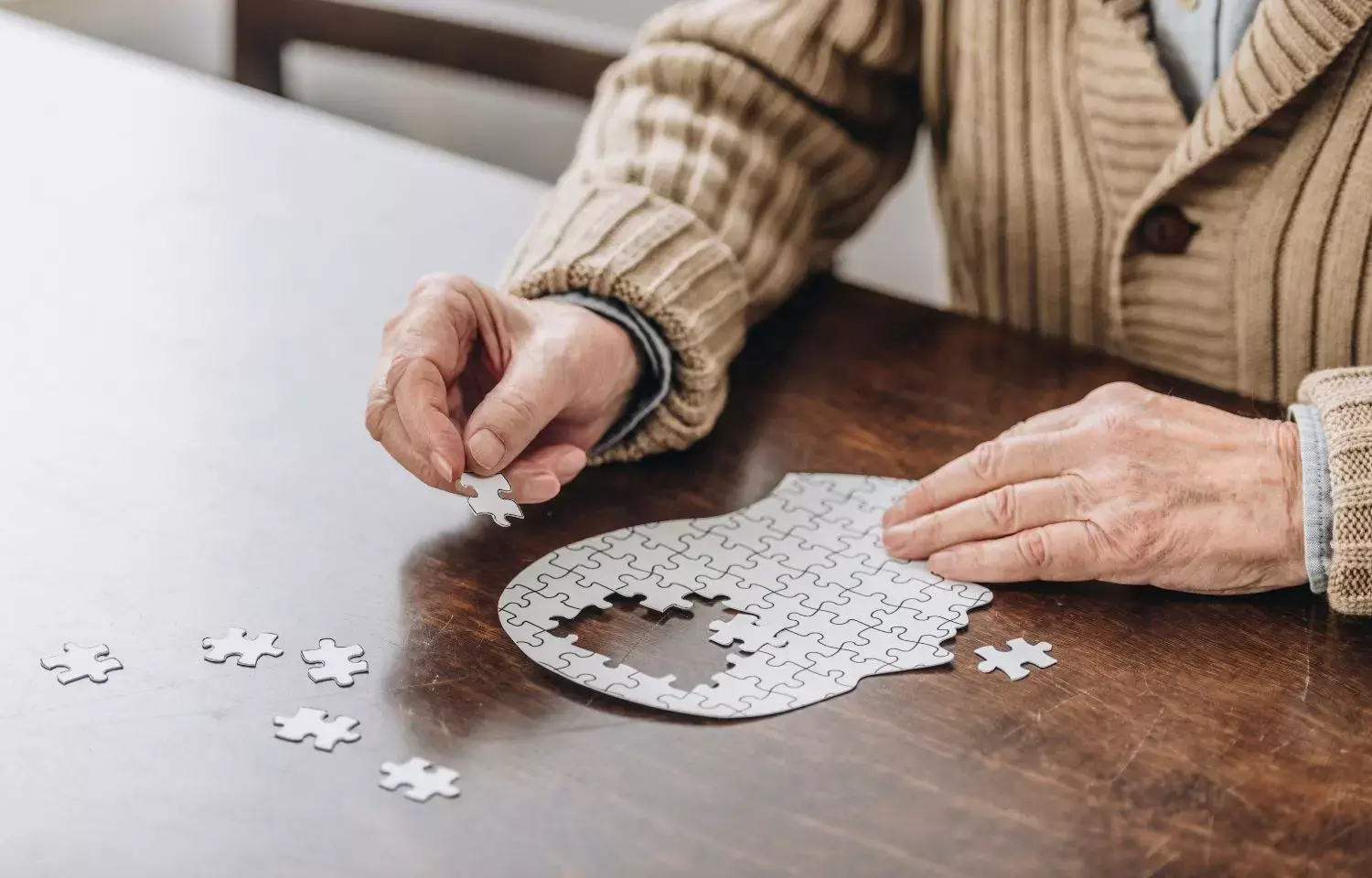- Home
- Medical news & Guidelines
- Anesthesiology
- Cardiology and CTVS
- Critical Care
- Dentistry
- Dermatology
- Diabetes and Endocrinology
- ENT
- Gastroenterology
- Medicine
- Nephrology
- Neurology
- Obstretics-Gynaecology
- Oncology
- Ophthalmology
- Orthopaedics
- Pediatrics-Neonatology
- Psychiatry
- Pulmonology
- Radiology
- Surgery
- Urology
- Laboratory Medicine
- Diet
- Nursing
- Paramedical
- Physiotherapy
- Health news
- Fact Check
- Bone Health Fact Check
- Brain Health Fact Check
- Cancer Related Fact Check
- Child Care Fact Check
- Dental and oral health fact check
- Diabetes and metabolic health fact check
- Diet and Nutrition Fact Check
- Eye and ENT Care Fact Check
- Fitness fact check
- Gut health fact check
- Heart health fact check
- Kidney health fact check
- Medical education fact check
- Men's health fact check
- Respiratory fact check
- Skin and hair care fact check
- Vaccine and Immunization fact check
- Women's health fact check
- AYUSH
- State News
- Andaman and Nicobar Islands
- Andhra Pradesh
- Arunachal Pradesh
- Assam
- Bihar
- Chandigarh
- Chattisgarh
- Dadra and Nagar Haveli
- Daman and Diu
- Delhi
- Goa
- Gujarat
- Haryana
- Himachal Pradesh
- Jammu & Kashmir
- Jharkhand
- Karnataka
- Kerala
- Ladakh
- Lakshadweep
- Madhya Pradesh
- Maharashtra
- Manipur
- Meghalaya
- Mizoram
- Nagaland
- Odisha
- Puducherry
- Punjab
- Rajasthan
- Sikkim
- Tamil Nadu
- Telangana
- Tripura
- Uttar Pradesh
- Uttrakhand
- West Bengal
- Medical Education
- Industry
Sedentary Behavior Linked to Increased Risk of Dementia in Older Adults: JAMA

A recent study by David Raichlen and team shed light on the relationship between sedentary behavior and the risk of dementia in older adults. The study published in Journal of American Medical Association found that spending more time in sedentary activities is associated with a higher incidence of all-cause dementia.
This retrospective study utilized data collected between February 2013 and December 2015, with follow-up continuing until September 2021 in England, July 2021 in Scotland, and February 2018 in Wales. The participants wore wrist accelerometers to measure their daily sedentary behavior, and the results were striking.
Over the course of the study, 414 individuals were diagnosed with incident all-cause dementia. The data analysis revealed a significant nonlinear association between time spent in sedentary behavior and the incidence of dementia. In fully adjusted models, the hazard ratios (HRs) for dementia were 1.08 for 10 hours of sedentary behavior per day, 1.63 for 12 hours, and a remarkable 3.21 for 15 hours. This means that individuals who spent 15 hours a day in sedentary activities were more than three times as likely to develop dementia compared to those who spent around 9 hours a day being sedentary.
The adjusted incidence rate of dementia per 1000 person-years also followed this trend, with rates increasing from 7.49 for 9.27 hours of sedentary behavior per day to 22.74 for 15 hours.
Furthermore, the study investigated other aspects of sedentary behavior, including the length of sedentary bouts. It found that both mean daily sedentary bout length and maximum daily sedentary bout length were significantly associated with a higher risk of incident dementia. In other words, longer periods of uninterrupted sitting were linked to an increased risk of developing dementia.
Interestingly, the number of sedentary bouts per day did not show a significant association with the risk of dementia when adjusted for overall sedentary time.
The findings highlight the importance of reducing sedentary behavior, especially among older adults. Further research will be needed to determine whether reducing sedentary behavior can indeed lower the risk of dementia.
Source:
Raichlen, D. A., Aslan, D. H., Sayre, M. K., Bharadwaj, P. K., Ally, M., Maltagliati, S., Lai, M. H. C., Wilcox, R. R., Klimentidis, Y. C., & Alexander, G. E. (2023). Sedentary Behavior and Incident Dementia Among Older Adults. In JAMA (Vol. 330, Issue 10, p. 934). American Medical Association (AMA). https://doi.org/10.1001/jama.2023.15231
Neuroscience Masters graduate
Jacinthlyn Sylvia, a Neuroscience Master's graduate from Chennai has worked extensively in deciphering the neurobiology of cognition and motor control in aging. She also has spread-out exposure to Neurosurgery from her Bachelor’s. She is currently involved in active Neuro-Oncology research. She is an upcoming neuroscientist with a fiery passion for writing. Her news cover at Medical Dialogues feature recent discoveries and updates from the healthcare and biomedical research fields. She can be reached at editorial@medicaldialogues.in
Dr Kamal Kant Kohli-MBBS, DTCD- a chest specialist with more than 30 years of practice and a flair for writing clinical articles, Dr Kamal Kant Kohli joined Medical Dialogues as a Chief Editor of Medical News. Besides writing articles, as an editor, he proofreads and verifies all the medical content published on Medical Dialogues including those coming from journals, studies,medical conferences,guidelines etc. Email: drkohli@medicaldialogues.in. Contact no. 011-43720751


